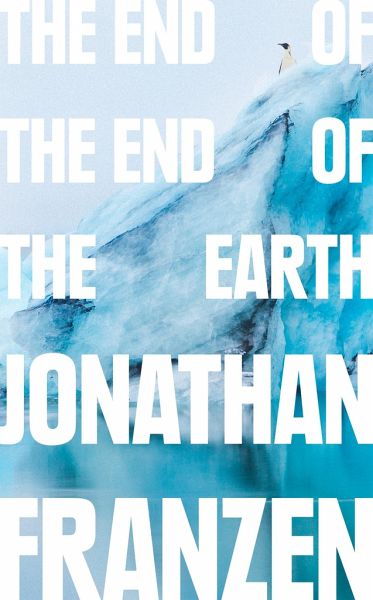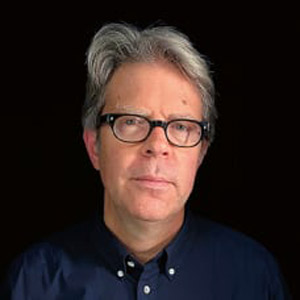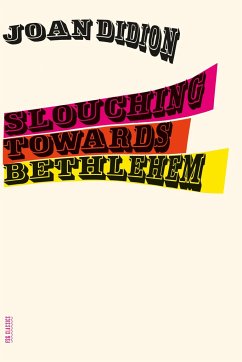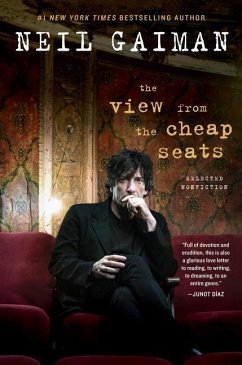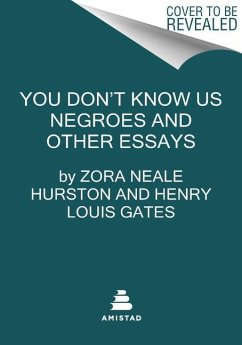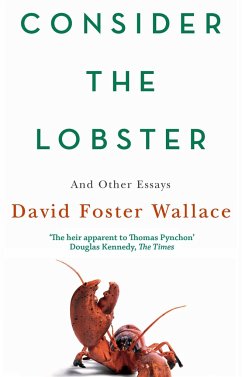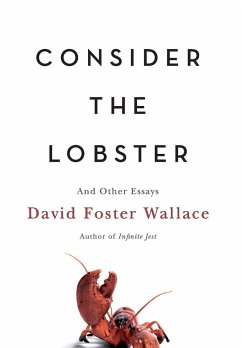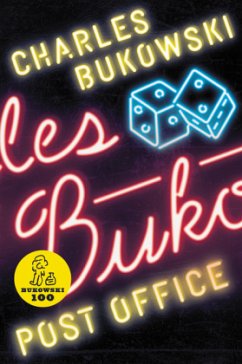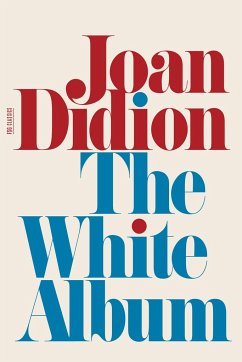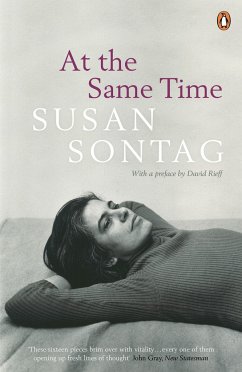Jonathan Franzen
Broschiertes Buch
The End of the End of the Earth
Versandkostenfrei!
Sofort lieferbar
Weitere Ausgaben:

PAYBACK Punkte
5 °P sammeln!





A sharp and provocative new essay collection from the award-winning author of Freedom and The Corrections
Produktdetails
- Verlag: HarperCollins UK / William The 4th
- Artikelnr. des Verlages: 181062
- Seitenzahl: 225
- Erscheinungstermin: 14. November 2019
- Englisch
- Abmessung: 198mm x 128mm x 17mm
- Gewicht: 176g
- ISBN-13: 9780008299262
- ISBN-10: 0008299269
- Artikelnr.: 55550813
Herstellerkennzeichnung
Libri GmbH
Europaallee 1
36244 Bad Hersfeld
gpsr@libri.de
"The work of a writer at the top of his game-limber and lovely, delivering deep insights with delicacy and grace." -Sarah Crown, The Guardian
"Franzen, unlike many, listens. It's what makes him one of the best living writers of fictional dialogue, and it's what makes his arguments productively provocative." -Charles Arrowsmith, The Washington Post
"[Franzen's] turning over rocks along the shore and finding noteworthy details beneath." -Bill McKibben, The New York Times Book Review
"If, as F. Scott Fitzgerald wrote, the "test of a first-rate intelligence is the ability to hold two opposing ideas in the mind at the same time, and still retain the ability to function", then Franzen has passed with flying colours." -Andrew Gallix, The Irish Times
"The End of the End of the Earth feels carefully crafted around a central concern: 'How do we find meaning in our actions when the world seems to be coming to an end?' . . . Franzen proves himself up to the challenge of the essay as a form, as 'something hazarded, not definitive, not authoritative,' and of a subject so vast and important that it affects us all. Ignore the tweets, read the book." -Carl Wilkinson, Financial Times
"Franzen, unlike many, listens. It's what makes him one of the best living writers of fictional dialogue, and it's what makes his arguments productively provocative." -Charles Arrowsmith, The Washington Post
"[Franzen's] turning over rocks along the shore and finding noteworthy details beneath." -Bill McKibben, The New York Times Book Review
"If, as F. Scott Fitzgerald wrote, the "test of a first-rate intelligence is the ability to hold two opposing ideas in the mind at the same time, and still retain the ability to function", then Franzen has passed with flying colours." -Andrew Gallix, The Irish Times
"The End of the End of the Earth feels carefully crafted around a central concern: 'How do we find meaning in our actions when the world seems to be coming to an end?' . . . Franzen proves himself up to the challenge of the essay as a form, as 'something hazarded, not definitive, not authoritative,' and of a subject so vast and important that it affects us all. Ignore the tweets, read the book." -Carl Wilkinson, Financial Times
Für dieses Produkt wurde noch keine Bewertung abgegeben. Wir würden uns sehr freuen, wenn du die erste Bewertung schreibst!
Eine Bewertung schreiben
Eine Bewertung schreiben
Andere Kunden interessierten sich für



